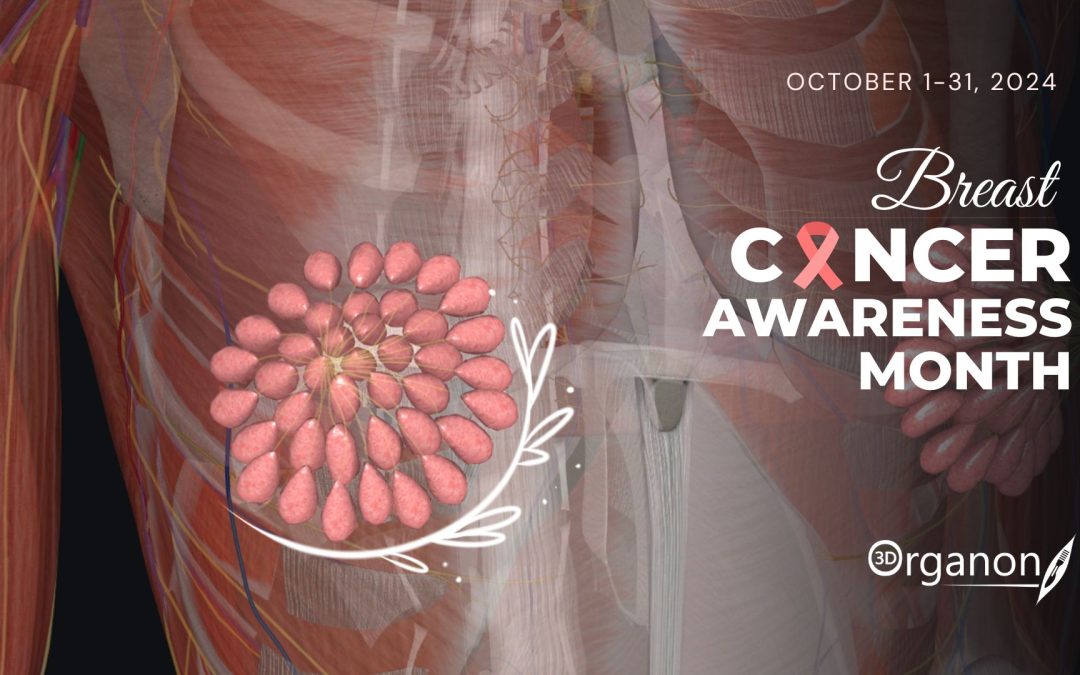October is recognized as Breast Cancer Awareness Month, a vital global initiative established in 1985 to inform the public and raise funds for research, prevention, early diagnosis, and treatment of breast cancer—the most commonly diagnosed cancer among women.
Prevalence of Breast Cancer
According to recent data, breast cancer accounts for approximately 12% of all new cancer cases worldwide, making it the leading cancer affecting women. Each year, around 1.5 million women receive a breast cancer diagnosis, underscoring the critical need for continued awareness and proactive measures.
Rising Incidence Linked to Lifestyle Changes
The increasing rates of breast cancer, particularly in Western countries, can be attributed to significant lifestyle changes over the past few decades. Specifically, factors such as obesity, poor diet, sedentary lifestyles, alcohol consumption, smoking, and heightened stress levels contribute to this troubling trend. Moreover, women with a family history of breast cancer, prolonged hormone exposure, limited breastfeeding, and those who have never had children are at an elevated risk.
Genetic Factors and Hereditary Risks
In addition to lifestyle factors, genetic elements also play a significant role. Mutations in the BRCA1 and BRCA2 genes are the most common hereditary causes of breast cancer. These genes are crucial for repairing damaged DNA; however, when mutated, they can lead to uncontrolled cell growth, potentially resulting in cancer.
The Importance of Early Detection
The significance of early detection cannot be overstated. Research indicates that when breast cancer is diagnosed early, cure rates can soar to an impressive 95-97%. Therefore, this highlights the necessity of raising awareness about preventive measures, as proactive women are more likely to seek out screening and early intervention.
Key Screening Methods
To facilitate early detection, several screening methods are recommended:
- Self-Examinations: Regularly checking for changes or abnormalities.
- Imaging Tests: Procedures such as digital mammography, breast ultrasounds, and MRIs.
- Clinical Examinations: Evaluations conducted by healthcare professionals.
Take Action: Get Screened
Early detection can save lives! It is crucial to prioritize your health and schedule regular screenings. By increasing awareness and supporting those affected, we can collectively reduce the impact of breast cancer in our communities.
Conclusion
Join the fight against breast cancer this October and beyond. Together, we can make a difference!
References: Breastcancer.org – Breast Cancer Information and Support

